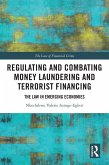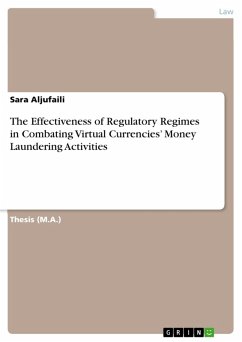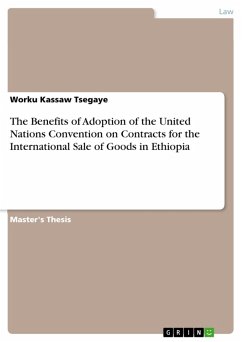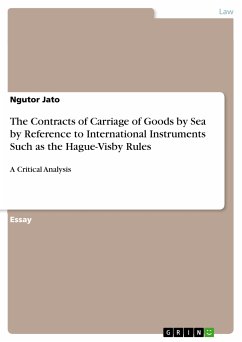Studienarbeit aus dem Jahr 2020 im Fachbereich Jura - Zivilrecht / Handelsrecht, Gesellschaftsrecht, Kartellrecht, Wirtschaftsrecht, Note: 1,7, Hamburger Fern-Hochschule, Sprache: Deutsch, Abstract: Using LEDVANCE GmbH as an example, this paper shows which problems arise for goods traders in the practical implementation of the new Money Laundering Act (GwG) 2020. In particular, it addresses the questions of 1) whether a company's legal department now needs its own money laundering officer and 2) whether group companies are also liable for violations committed by their foreign subsidiaries. The aim of this paper is to address the most important aspects of the topic and to discuss the two issues mentioned above. The introduction and introduction to the topic in the first chapter is followed in the second chapter by an overview of relevant legal principles and explanations of the key terms relating to the most important components of the topic. The third chapter then deals with the analysis and discussion of the topic under investigation, and the fourth chapter concludes with a summary. On December 12, 2019, the "Act on the Implementation of the Amending Directive to the Fourth EU Money Laundering Directive" was passed by the Bundestag and the Bundesrat and published in the Federal Law Gazette Year 2019 Part I No. 50, issued on December 19, 2019. The Act serves to implement the "Directive (EU) 2018/843 of the European Parliament and of the Council of 30 May 2018 amending Directive (EU) 2015/849 on the prevention of the use of the financial system for the purpose of money laundering and terrorist financing and amending Directives 2009/138/EC and 2013/36/EU" (5th EU Money Laundering Directive). The fight against money laundering is carried out through a repressive side, in which perpetrators are apprehended and punished, and a preventive side, in which the reporting of suspicious cases is intended to increase the transparency of financial flows and prevent the concealment of illegal money flows. The Money Laundering Act covers the preventive side of the fight against money laundering. It obliges certain groups of persons to exercise special care and supervision. This is intended to prevent anonymous economic transactions. Banks and insurance companies, as well as real estate agents, casinos and dealers in goods, are therefore obliged to identify their business partners and to monitor transactions or business relationships on an ongoing basis. They must report suspicious transactions or business relationships to the relevant authorities as early as possible.
Dieser Download kann aus rechtlichen Gründen nur mit Rechnungsadresse in A, B, BG, CY, CZ, D, DK, EW, E, FIN, F, GR, HR, H, IRL, I, LT, L, LR, M, NL, PL, P, R, S, SLO, SK ausgeliefert werden.









